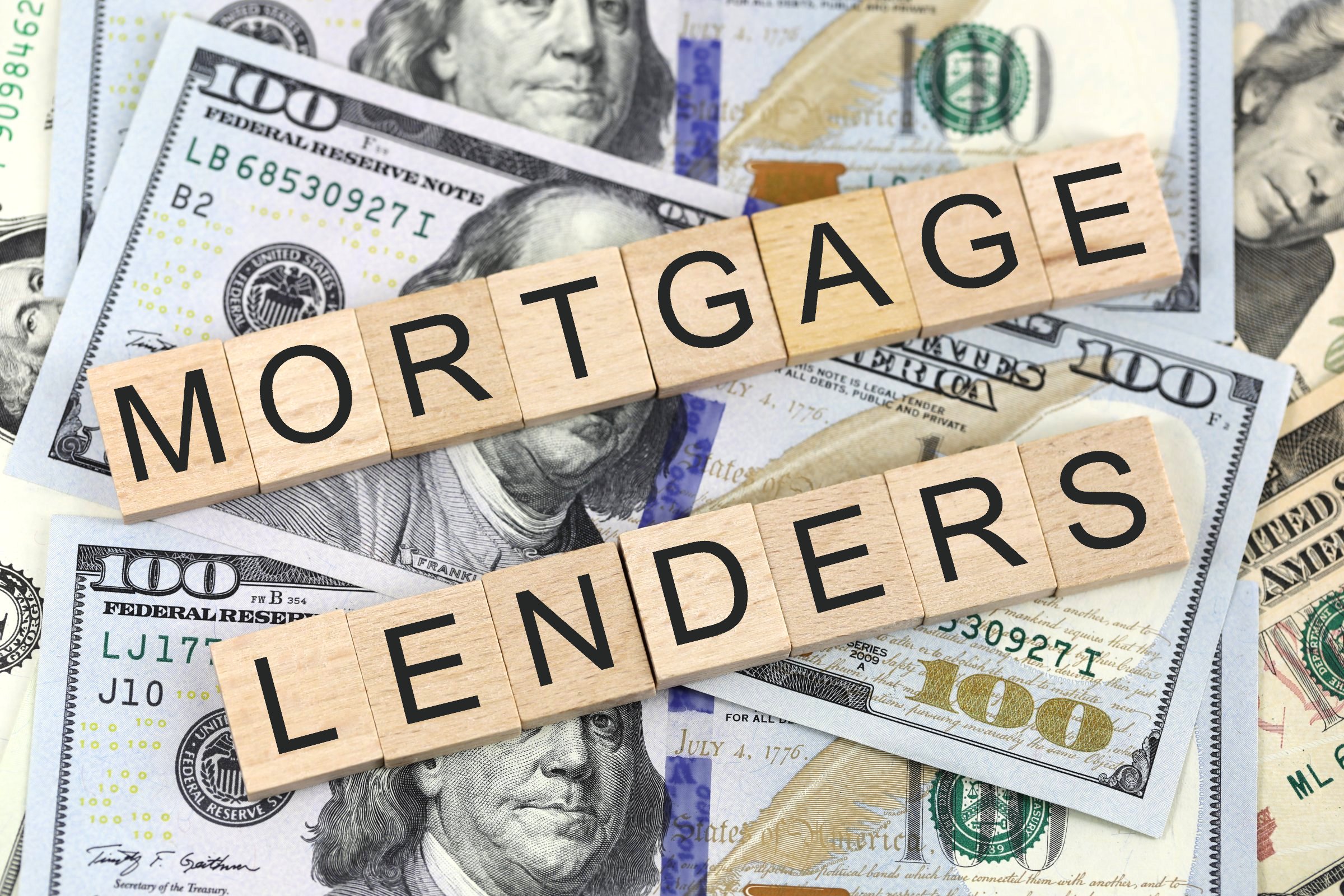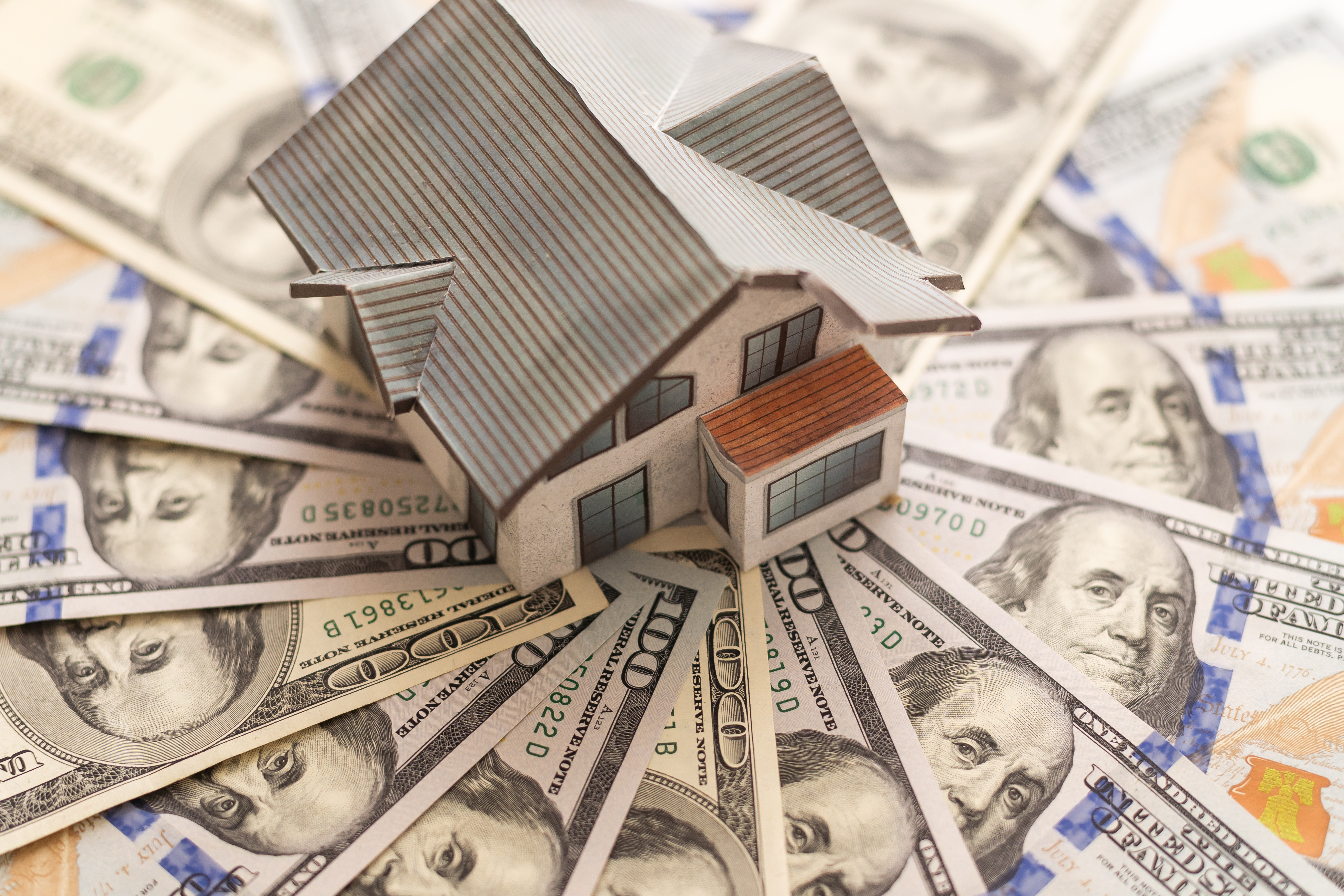Just how It Functions: A Comprehensive Overview to Mortgage Lending for First-Time Customers
Steering the globe of mortgage lending can be daunting for newbie buyers. Comprehending the essential elements like principal, rate of interest, and down repayments is crucial. Furthermore, identifying the various sorts of home loan and the application procedure can substantially affect one's experience. By exploring essential factors that affect passion rates, buyers might discover important insights. What else should they think about prior to making such a considerable monetary commitment?
Recognizing Mortgage Essentials
When novice buyers get in the domain of homeownership, recognizing mortgage basics becomes essential for making informed decisions. A home mortgage is essentially a financing protected by the residential property being purchased, permitting people to acquire a home without paying the full cost upfront. Buyers need to recognize crucial components, consisting of principal, interest, tax obligations, and insurance coverage, often summarized as PITI. The principal is the amount obtained, while interest is the price of borrowing that amount, expressed as a percent. Taxes and insurance coverage are added costs that can significantly influence month-to-month repayments. Customers should likewise take into consideration the lending term, normally 15 or three decades, which affects repayment quantities and total passion paid. Understanding credit history is necessary, as they influence financing qualification and interest rates. Grasping these fundamental ideas equips newbie purchasers to navigate the mortgage landscape confidently and make options that line up with their monetary goals.
Sorts Of Mortgage Loan
When thinking about mortgage options, novice buyers typically come across 2 main kinds: fixed-rate and variable-rate mortgages. Fixed-rate home mortgages provide security with constant payments over the funding's term, while adjustable-rate home mortgages can supply lower preliminary rates that might change gradually. Comprehending these differences is important for making an informed choice.
Fixed-Rate Home mortgages
Fixed-rate mortgages provide security and predictability for newbie property buyers maneuvering the intricacies of home financing. With a fixed-rate mortgage, the rate of interest continues to be continuous throughout the funding term, usually ranging from 15 to 30 years. This regular rate allows purchasers to plan their spending plans efficiently, recognizing that their regular monthly payments will certainly not vary. New purchasers take advantage of this framework as it gets rid of uncertainty in long-lasting financial dedications. Additionally, fixed-rate home loans frequently feature lower initial rates contrasted to adjustable-rate options, making them an attractive option for those looking to establish home equity with time. Generally, fixed-rate home mortgages provide an uncomplicated path to homeownership, perfect for people looking for lasting financial safety.
Adjustable-Rate Mortgages
For newbie homebuyers seeking adaptability, variable-rate mortgages (ARMs) can give an appealing option to fixed-rate fundings. ARMs typically provide lower first interest rates, making regular monthly settlements extra budget-friendly in the early years. These rates fluctuate after an initial fixed period, which can lead to enhanced repayments over time. Customers should comprehend the index and margin that determine future rate adjustments. Commonly, ARMs have change durations of one, 3, or 5 years, with routine caps to restrict just how much prices can boost at each change. While ARMs can be helpful for those intending to offer or refinance before the price changes, they also carry threats if market problems alter significantly. Detailed study is vital for notified decision-making.
The Mortgage Application Process

Key Factors Affecting Rates Of Interest

Down Settlements and Closing Prices
Recognizing deposits and shutting prices is essential for novice property buyers, as these costs substantially impact the overall affordability of a home loan. A down repayment is the initial amount paid towards the home's purchase price, typically shared as a portion. It can range from as reduced as 3% to 20% or more, relying on the car loan type and lender requirements. A larger down settlement can decrease regular monthly mortgage payments and eliminate exclusive mortgage insurance policy (PMI), which shields lending institutions in situation of default.Closing expenses, on the other hand, encompass numerous charges incurred throughout the home-buying process. These might consist of finance origination fees, evaluation fees, title insurance, and lawyer fees, usually completing 2% to 5% of the home's purchase rate. Newbie buyers need to allocate both down settlements and shutting costs to ensure they can protect their mortgage and successfully browse the home-buying procedure.
Tips for First-Time Homebuyers
What vital suggestions can new property buyers comply with to navigate the usually difficult procedure of purchasing a home? Initially, setting a practical budget is crucial. Customers should examine their economic situation, including earnings, expenditures, and prospective mortgage repayments. Next off, obtaining pre-approval for a home loan can supply clarity on what one can afford and enhance their setting when making an offer.Researching neighborhoods is similarly crucial; purchasers should take into consideration factors such as features, institutions, and future developments. In addition, it is advisable to deal with a qualified realty representative that can provide useful understandings and support throughout the acquiring process.Home evaluations need to not be overlooked, as they can uncover surprise concerns that may impact lasting contentment. Finally, customers ought to remain client and flexible, understanding that finding the right home may require time. By Read Full Report adhering to these ideas, newbie property buyers can approach the marketplace with self-confidence and understanding.
Frequently Asked Questions
What Documents Are Required for Mortgage Pre-Approval?
For mortgage pre-approval, individuals normally need to provide revenue confirmation, employment background, debt records, tax obligation returns, bank declarations, and information of any type of debts (Private Mortgage Lenders go to this web-site Savannah GA). These records assist lenders evaluate financial capability and identify funding qualification
Can I Obtain a Mortgage With Bad Credit Scores?

Several lenders consider candidates with bad credit, though terms may differ. Greater interest prices or larger deposits might be required. Discovering choices with specialized lending institutions or government programs can additionally boost chances for approval.
Just how Lengthy Does the Mortgage Approval Process Take?
The mortgage approval procedure commonly takes between 30 to 45 days. Elements influencing this timeline include the loan provider's effectiveness, the debtor's monetary documents, and the intricacy of the car loan application. Delays may take place due to additional needs.
What Occurs if I Miss a Mortgage Payment?
If a home loan payment is missed, late costs might be incurred, and credit history can endure. Prolonged non-payment might bring about repossession procedures, prompting the lending institution to reclaim the property after a collection of cautions.
Can I Re-finance My Mortgage Later On?
Re-financing a mortgage later on is often feasible, permitting house owners to adjust their financing terms, interest prices, or month-to-month repayments. Eligibility depends on credit history ratings, present market conditions, and the existing mortgage's terms.